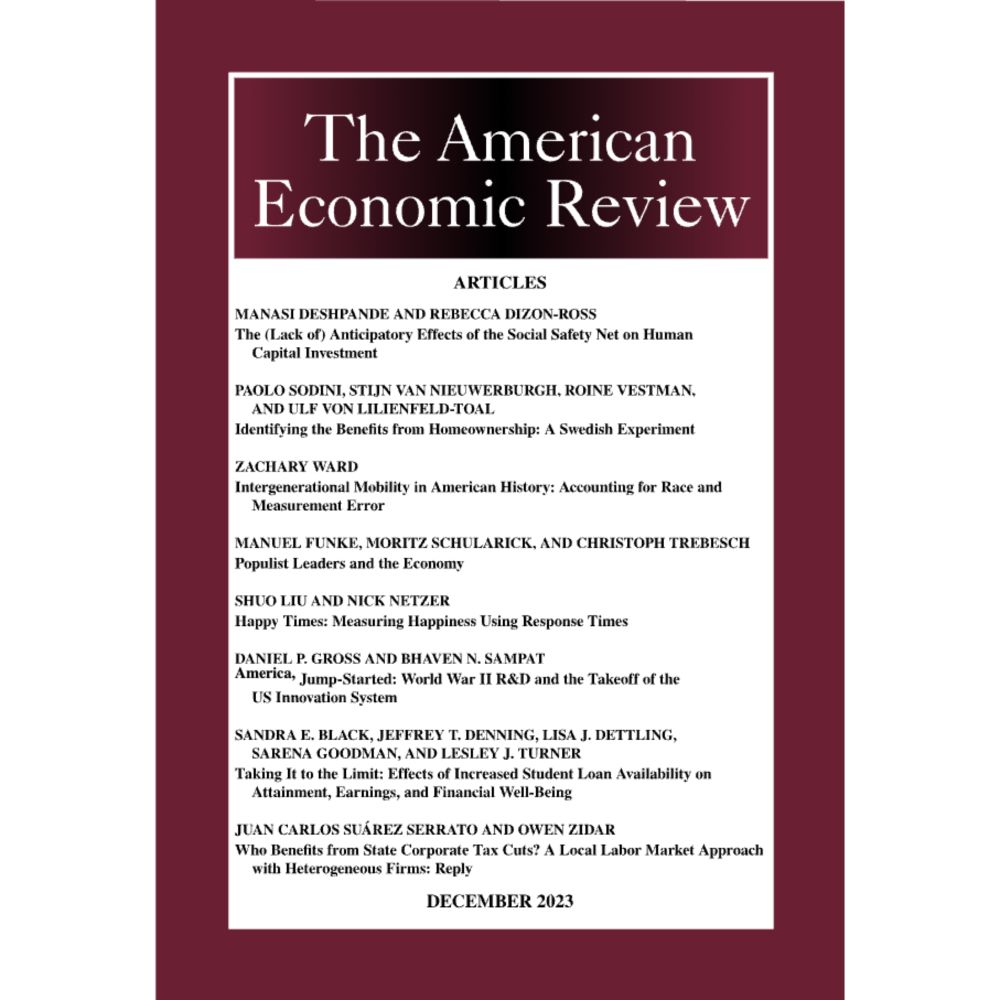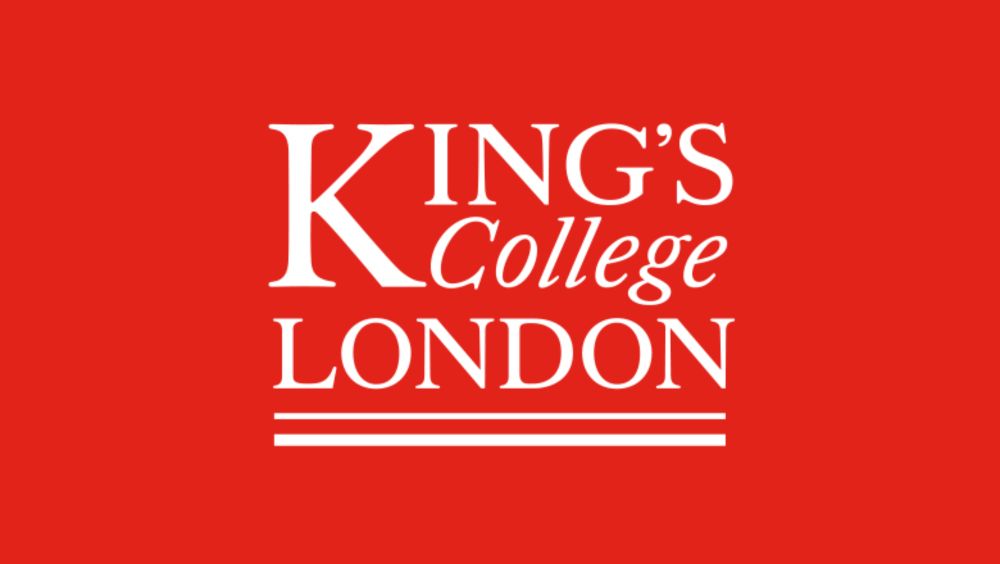Niall Hughes
@niallehughes.bsky.social
200 followers
460 following
23 posts
Economist at King's Business School. niallehughes.com
Posts
Media
Videos
Starter Packs
Reposted by Niall Hughes
Niall Hughes
@niallehughes.bsky.social
· Feb 18





